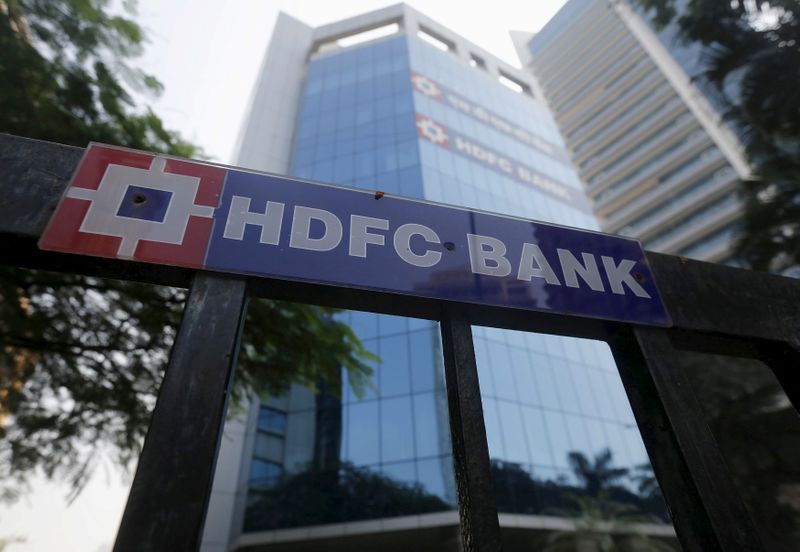By Rupam Jain and Nupur Anand
MUMBAI (Reuters) - India's HDFC Bank (NS:HDBK) will retain global executive search firm Egon Zehnder to identify a successor to managing director Aditya Puri, the country's top private lender said on Thursday.
"Egon Zehnder has been recommended by the search committee and unanimously appointed by the bank's board," Neeraj Jha, a spokesman for HDFC Bank, said in an email, confirming a Reuters report on the matter from earlier on Thursday.
Reuters had earlier reported that the HDFC Bank board had tapped the global head-hunting firm in a bid to end a boardroom impasse over Puri's successor and zero in on a candidate.
Four sources familiar with the discussions told Reuters that a six-member internal search committee, appointed in November last year, has been unable to reach a consensus on selecting a successor to Puri, who has been at the helm of the country's largest private lender since its inception in 1994.
Puri, whose term comes to an end in October this year, is also an advisor to the search committee tasked with identifying a suitable candidate.
"The latest decision to hire a global advisory firm has been taken after the search committee members realized that they have been struggling to come to a consensus on the final name," said a source familiar with the internal deliberations among members of the committee.
"The deadline for Puri's successor is nearing ... the bank will have to appoint someone who can continue to push for growth despite an economic slowdown," the source added.
As per regulations, the bank will need to get approval from the Reserve Bank of India (RBI), before any new appointment can be confirmed. HDFC Bank is one of three domestic lenders that the central bank has designated as "too big to fail".
Egon Zehnder, which declined to comment on the matter, had in 2018 also helped Axis Bank (NS:AXBK), another private lender, to find its chief executive officer.
A second source at HDFC said the differences between the top leadership over the succession has been the crucial reason for the delay in identifying a new managing director.
The sources said Puri and Deepak Parekh who is the chairman of India's largest housing finance company HDFC (NS:HDFC), which owns a minority stake in the bank, have been at loggerheads over the bank's succession plan, with both advocating their preferred candidates to secure the job.
Puri's preferred choices include HDFC's executive directors Bhavesh Zaveri, Sashidhar Jagdishan and Kaizad Bharucha, said three of the sources.
Two of those sources also said Parekh has been rooting to reinstate Paresh Sukhtankar, who resigned as Puri's deputy in 2018.
Sukhtankar who joined the bank alongside Puri in 1994 was widely expected to be Puri's successor. Reasons behind his departure remain unclear.
Regarding questions about names in the fray and differences between Puri and Parekh, HDFC Bank's Jha said that "information is speculative and incorrect".
Parekh and Puri personally did not respond to requests for comment on Thursday.
Sources said the search committee in a bid to defuse the tension had also contacted top banking executives working overseas to find a candidate acceptable to Puri and Parekh.
The board members held preliminary discussions with Indian-origin bankers Piyush Gupta, CEO of DBS Group (SI:DBSM), and Ajay Banga, CEO of Mastercard Inc (N:MA), about the job, two of the sources said.
The outcome of these discussions was unclear.
Gupta and Banga were not immediately reachable for comment.
Analysts tracking the financial health of the bank said Puri has run the bank with an iron hand, preventing it from accruing a high level of bad loans at a time when most of its peers were struggling.
"The new successor needs to have a vision to be able to spot opportunities and constantly stay ahead of the curve which is what Puri has been doing," said Suresh Ganapathy, head of financial services research at Macquarie.
Puri, the highest paid banker in India with remuneration of 136.7 million rupees ($1.92 million) excluding stock options, had been seeking for another term, two of the sources said.

However, the central bank has been firm that the chief executives of private banks must retire at the age of 70.